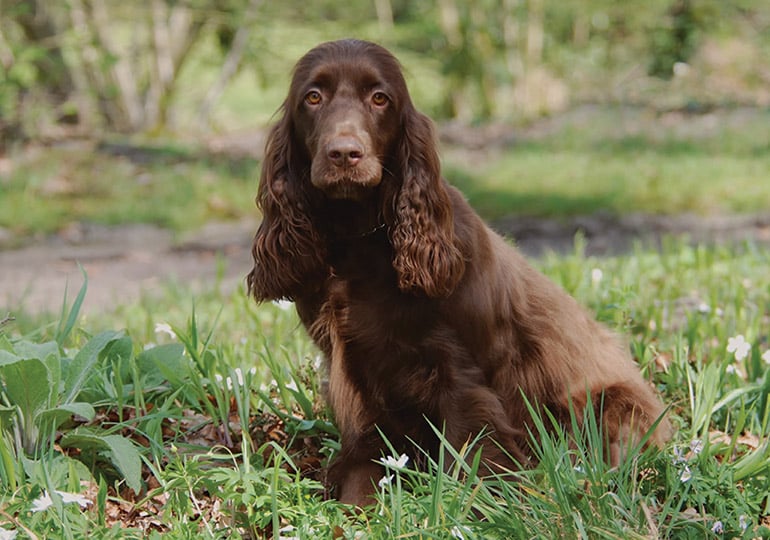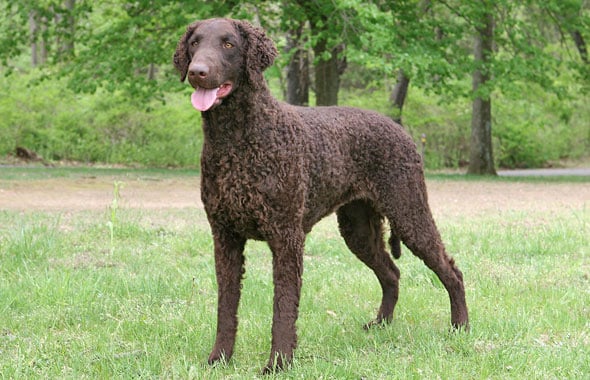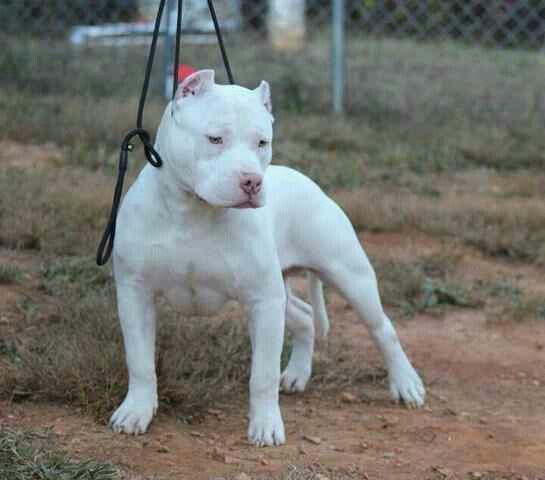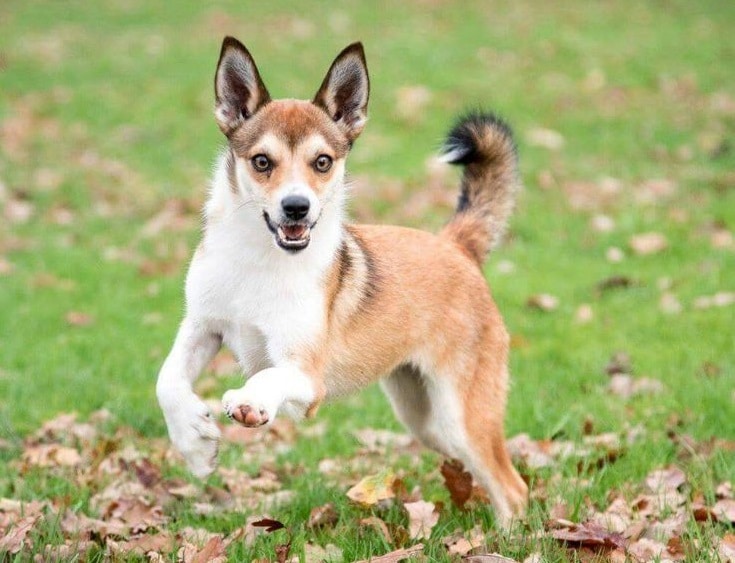Field Spaniels are friendly and gentle dogs that make great pets. They were originally bred for hunting but are also wonderful companions. This guide will teach you all about caring for, training, and understanding the unique traits of Field Spaniels. Whether you’re thinking about getting one or just curious, you’ll find useful information about this lovely breed.
History of Field Spaniels
Origins of Field Spaniels
The Field Spaniel is a breed of gun dog that originated in England. Its exact origins are somewhat uncertain, but it is believed to have descended from a mix of Sussex Spaniels, Cocker Spaniels, and English Springer Spaniels. The breed was first developed in the 1800s, with the primary goal of creating a versatile hunting dog that could excel in both land and water.
Development as a Hunting Breed
Field Spaniels were specifically bred for their hunting abilities. They were primarily used to flush out game birds, such as pheasants and ducks, from dense vegetation and retrieve them for the hunters. Their compact size, sturdy build, and dense coat made them well-suited for working in various terrains and weather conditions.
Over the years, breeders focused on refining the Field Spaniel’s hunting instincts and skills. They were selectively bred for their keen sense of smell, endurance, and ability to work independently in the field. The breed’s coat was also developed to provide protection from thorny bushes and cold water, ensuring that the dogs could perform their tasks effectively.
As the popularity of Field Spaniels grew, they became valued companions and working dogs for hunters across England. Their intelligence, trainability, and gentle temperament made them not only excellent hunting partners but also beloved family pets. Despite their undeniable hunting abilities, Field Spaniels have also excelled in various dog sports and activities, including obedience, agility, and tracking.
Today, Field Spaniels continue to be cherished for their hunting prowess and amiable nature. While they may be lesser-known compared to other hunting breeds, their unique combination of athleticism, intelligence, and companionship qualities make them a truly remarkable and versatile breed. Whether in the field or at home, Field Spaniels are a testament to the enduring legacy of hunting dogs and their essential role in our shared history.
Characteristics of Field Spaniels
Physical Appearance
Field Spaniels are medium-sized dogs with a well-balanced and sturdy build. They have a slightly elongated body and stand at around 17 to 18 inches tall at the shoulder. Their coat is dense, water-repellent, and silky to touch. Field Spaniels come in various colors including black, liver, or golden liver, with some white markings on the chest and feet.
Their head is noble and carried proudly with a moderate stop and a well-developed muzzle. Their eyes are dark and expressive, conveying their intelligence and kind nature. Field Spaniels have long, droopy ears that frame their face, adding to their endearing and charming appearance.
Temperament and Behavior
Field Spaniels are known for their friendly and gentle disposition, making them great companions for families and individuals alike. They are highly intelligent and eager to please, which makes them relatively easy to train. Their calm and patient nature also makes them suitable for households with children and other pets.
As a hunting breed, Field Spaniels have a natural instinct for tracking and flushing out game. They are excellent swimmers and are not afraid to plunge into water to retrieve waterfowl. Their endurance and agility allow them to cover a lot of ground while on the hunt.
Despite their hunting background, Field Spaniels are not overly hyperactive or excitable. They have a moderate activity level, requiring regular exercise to keep them physically and mentally stimulated. Daily walks, playtime, and interactive activities such as obedience training or agility courses are essential to maintain their overall well-being.
Field Spaniels are also known for their loyalty and devotion to their families. They thrive on human companionship and can develop separation anxiety if left alone for extended periods. They do best in homes where they can receive ample attention and interaction from their owners.
In conclusion, Field Spaniels possess both physical and behavioral characteristics that make them a unique and desirable hunting breed. Their distinctive appearance, coupled with their friendly temperament and natural hunting abilities, make them an excellent choice for those looking for a lesser-known yet versatile hunting companion.
Training and Exercise for Field Spaniels
Training Field Spaniels
Training is an essential aspect of owning a Field Spaniel. These intelligent and eager-to-please dogs thrive with consistent and positive reinforcement. Here are some key points to consider when training your Field Spaniel:
- Start early: Begin training your Field Spaniel puppy as soon as you bring them home. Early socialization and obedience training are crucial for their development.
- Use positive reinforcement: Field Spaniels respond best to positive reinforcement techniques such as rewards, treats, and praise. Harsh training methods or punishment can be counterproductive and may harm the bond between you and your dog.
- Be patient and consistent: Field Spaniels are known to be a bit independent, so patience is key during training. Stay consistent with your commands and expectations, and repeat training sessions regularly to reinforce their learning.
- Focus on socialization: Field Spaniels are generally friendly and sociable dogs, but proper socialization is still important. Expose them to various environments, people, and other animals to help them become well-rounded and confident.
Exercise Needs
Field Spaniels are an active breed that requires regular exercise to keep them physically and mentally stimulated. Here are some important considerations regarding their exercise needs:
- Daily exercise: Aim for at least one hour of exercise every day for your Field Spaniel. This can include walks, runs, playtime in a secure yard, or engaging in dog sports like agility or obedience trials.
- Mental stimulation: In addition to physical exercise, Field Spaniels also need mental stimulation to prevent boredom and destructive behaviors. Puzzle toys, interactive games, and training sessions that challenge their minds can be highly beneficial.
- Swimming opportunities: Field Spaniels have a natural affinity for water, thanks to their hunting heritage. If possible, provide opportunities for them to swim, as it is an excellent form of exercise for this breed.
- Leash training: Due to their strong hunting instincts, Field Spaniels may have a tendency to wander or chase after small animals. It is crucial to leash train them early on and ensure they have a secure leash and harness for walks.
Remember, every dog is unique, and their exercise needs may vary. It is essential to assess your Field Spaniel’s individual energy levels and consult with a veterinarian or professional dog trainer for personalized advice on training and exercise routines.
Health and Care for Field Spaniels
Common Health Issues
Field Spaniels are generally a healthy breed, but like any other dog, they are prone to certain health issues. It is important for owners to be aware of these potential health problems and take necessary precautions to keep their Field Spaniels in optimal health. Some common health issues that may affect Field Spaniels include:
- Hip Dysplasia: This is a hereditary condition where the hip joint does not develop properly, leading to pain and mobility issues. Regular exercise, a balanced diet, and maintaining a healthy weight can help reduce the risk of hip dysplasia.
- Ear Infections: Field Spaniels have long, floppy ears that can trap moisture, making them more susceptible to ear infections. Regular ear cleaning and drying after swimming or bathing can help prevent infections.
- Eye Conditions: Field Spaniels are prone to various eye conditions, including cataracts, entropion (inward rolling of the eyelid), and progressive retinal atrophy (PRA). Regular eye examinations by a veterinarian can help detect and manage these conditions.
- Autoimmune Disorders: Field Spaniels may be prone to certain autoimmune disorders, such as hypothyroidism and autoimmune hemolytic anemia. Regular veterinary check-ups and blood tests can help identify and manage these conditions.
Grooming Requirements
Field Spaniels have a medium-length, dense coat that requires regular grooming to keep it looking its best. Here are some grooming requirements for Field Spaniels:
- Brushing: Regular brushing is essential to prevent matting and keep the coat clean and healthy. Use a slicker brush or a comb with wide teeth to remove any tangles or loose hairs. Aim to brush your Field Spaniel at least two to three times a week.
- Bathing: Field Spaniels should be bathed as needed, typically every four to six weeks. Use a mild dog shampoo and ensure thorough rinsing to avoid any skin irritation. Pay special attention to cleaning the ears and drying them properly after bathing.
- Trimming: Field Spaniels have feathering on their ears, chest, belly, and legs, which may require occasional trimming to maintain a neat appearance. Use grooming scissors or consult a professional groomer for assistance if you are unsure about trimming techniques.
- Nail Care: Regular nail trimming is important to prevent overgrowth and discomfort. Use a dog nail clipper or grinder to trim the nails, being careful not to cut too close to the quick. If you are unsure, seek guidance from a veterinarian or professional groomer.
- Dental Care: Like all dogs, Field Spaniels require regular dental care to maintain good oral health. Brush your dog’s teeth regularly with a dog-friendly toothbrush and toothpaste, and consider providing dental chews or toys to help keep their teeth clean.
By addressing common health issues and following proper grooming practices, you can ensure that your Field Spaniel remains healthy, happy, and well-cared for throughout their life. Regular veterinary check-ups and open communication with your veterinarian are also crucial for maintaining the overall well-being of your furry companion.
Field Spaniels as Family Pets
Compatibility with Children and Other Pets
Field Spaniels are not only exceptional hunting dogs but also make wonderful family pets. They are known for their friendly and gentle nature, making them compatible with children and other pets in the household.
These intelligent dogs are patient and tolerant, making them great companions for kids of all ages. They enjoy playing and interacting with children, and their calm temperament helps them handle the energy and enthusiasm that often comes with young ones. With proper socialization and training, Field Spaniels can become a loyal and protective playmate for your children.
When it comes to other pets, Field Spaniels generally get along well with them. Whether you have cats, other dogs, or small animals like rabbits or guinea pigs, these spaniels can be introduced to them without much trouble. They have a friendly and easy-going attitude, which helps them establish positive relationships with other animals in the household.
Living Conditions
Field Spaniels are adaptable dogs that can fit well in different living conditions. Whether you live in a house with a yard or an apartment in the city, these spaniels can adjust accordingly.
Although they have a strong hunting instinct, Field Spaniels can thrive in urban settings as long as they receive regular exercise and mental stimulation. Taking them for daily walks and engaging them in interactive play sessions will help burn off their energy and keep them content.
If you have a yard, it is essential to ensure it is securely fenced, as Field Spaniels may be tempted to explore and chase after scents. They also appreciate having a safe and designated space where they can roam and play freely.
In apartments, Field Spaniels can adapt well as long as they receive enough exercise. It is important to provide them with daily walks, visits to dog parks, or playtime in an enclosed space. Mental stimulation, in the form of puzzle toys or obedience training, is also crucial to keep them mentally sharp and prevent boredom.
Remember, Field Spaniels are social dogs and thrive on human companionship. They are not suited for a lifestyle where they are left alone for long periods. If you provide them with love, attention, and a suitable environment, Field Spaniels will make excellent and loving family pets.







